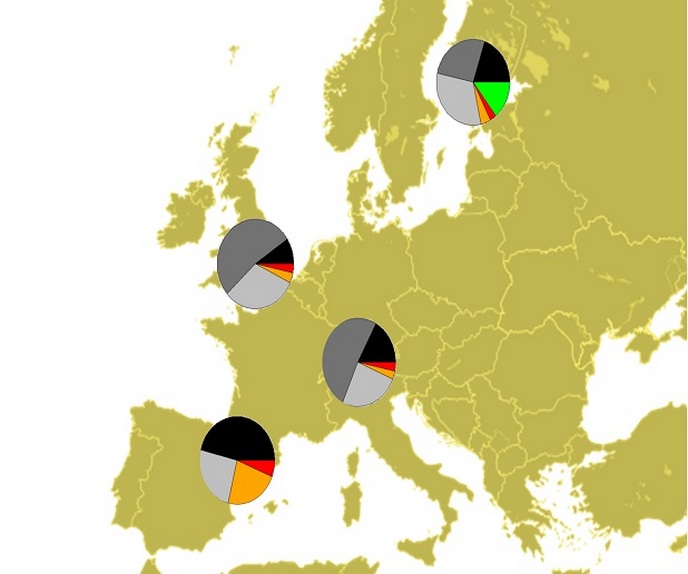Assessing the role of pollution in inflammation
The EC-funded AIRGENE project monitored specific patient groups in six European cities over a period of eight months. The aim was to establish clear links between ambient air pollution and inflammatory responses. Project partners focused on the study of myocardial infarction (MI) survivors in Athens, Augsburg, Barcelona, Helsinki, Rome and Stockholm. The impact of air pollution on the survival outcome was examined in combination with other factors such as genetic polymorphisms. In the past, ambient air pollution had already been implicated in increased risk of hospital admissions among MI patients. Based on this premise, the epidemiological study run within the AIRGENE framework aimed to investigate whether air pollution could and did trigger inflammation in MI patients. Studies focused on the levels of pro-inflammatory cytokine interleukin 6 (IL-6) and the acute phase proteins fibrinogen and C-reactive protein (CRP). A total of 1,003 MI survivors were recruited and assessed with at least two repeated clinic visits without any signs of infections. Further research into this area can provide insights regarding the role of genetic polymorphisms as well as air pollution on the susceptibility of MI patients to inflammation.







